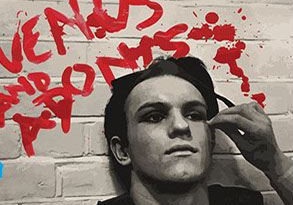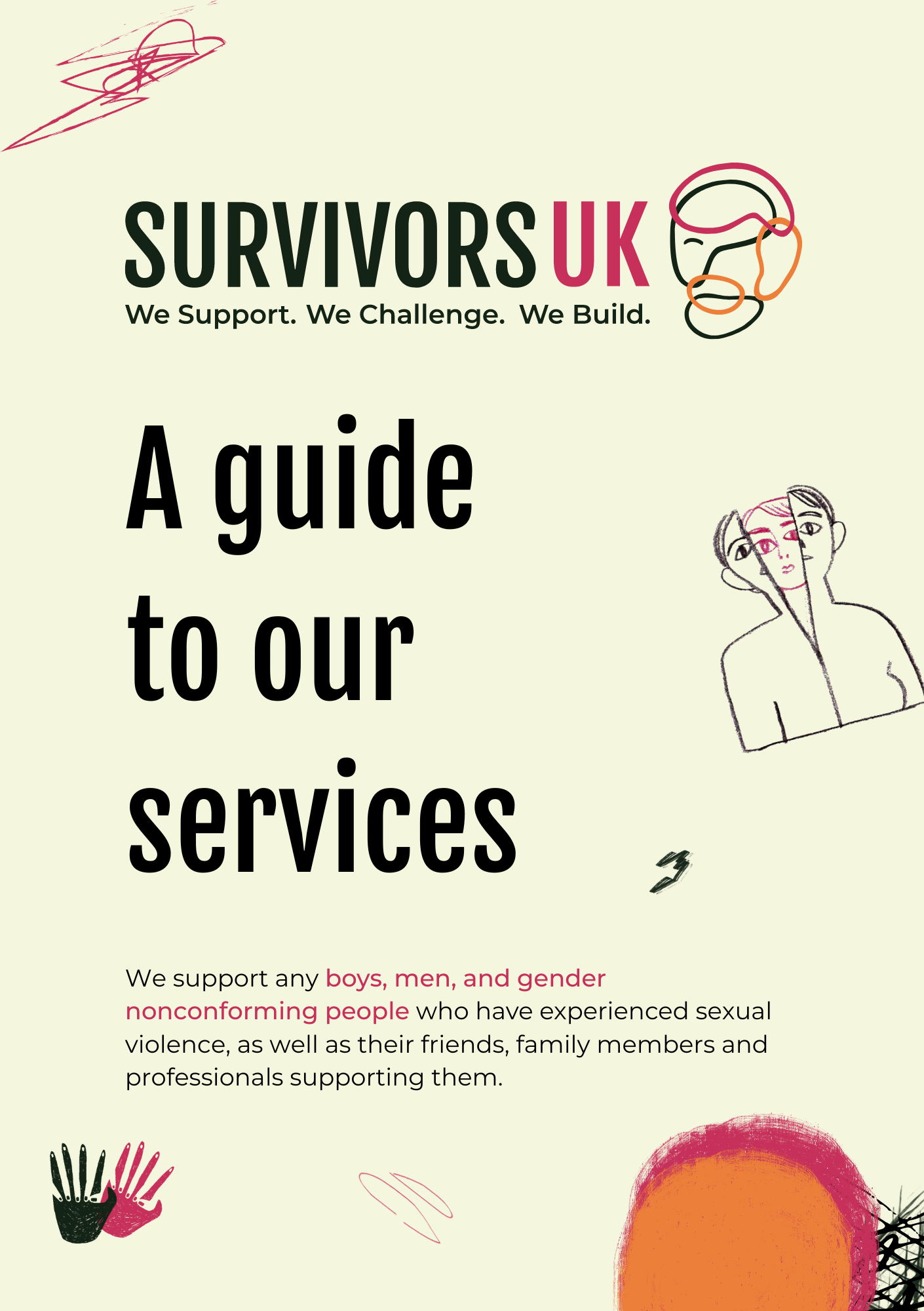
7 quick fire questions with Christopher Hunter

Christopher Hunter will be premiering his new one-man version of Venus and Adonis at the Edinburgh Fringe Festival 2017. Venus and Adonis is a poem written by a young Shakespeare telling the story of Venus’s seduction of Adonis. But it is so much more than that. Instead of a lyrical, erotic story of passionate love, Chris has discovered something much darker at the heart of the poem. What he has revealed is a shocking tale of sexual bullying that leads to a catastrophic assault and ends with a death.
We are proud to support this incredible production, which will help raise awareness of SurvivorsUK and our work with men and boys who are victims/survivors of sexual abuse.
We caught up with screen and TV actor Christopher Hunter recently and put him on the spot with 7 quick fire questions about his show. Here’s the result.
Why did you want to get involved with SurvivorsUK?
CH: When I first found themes in the poem that I thought described an abusive relationship, I wanted confirmation from experts that had direct experience in this field.
Tell us about your show.
CH: The show is a one-man dramatisation of Shakespeare’s narrative poem Venus and Adonis. Because I want to avoid narration and recitation, I am creating a character who has a direct connection with the events of the poem so that, when he speaks, he is telling us about something he has experienced in his own life.
What will audiences discover about Shakespeare?
CH: I hope they will discover how modern he is. Hereward Price wrote how Venus and Adonis projects “the inner life of man, the only reality for which Shakespeare ever cared.” And in the last 400 years our inner reality has not changed very much.
Please explain your interpretation of the poem as a tale of lust and abuse where others see it as an ode to love and romance?
CH: I think, if you look closely at the poem, you will see that the sexual relationship between the two is non-consensual – the aggressor will not accept the answer “No”. The flip side is that people can get rather carried away by Venus’ graphic sexuality, her naked desire and, in that excitement, may omit looking at the moral dimension.
Writers are always encouraged to “write what they know” and bring personal experience into their writing. Therefore, do you think the poem speaks to Shakespeare’s own experience as a young boy?
CH: It is a very interesting notion, but a notion is all it can be as so very little is known about Shakespeare’s life. Shakespeare himself was married at the age of 18 to a pregnant lady 8 years his senior. Does that signify anything? And then there are several (eminent) people I know who question whether the real author was indeed the “Shakespeare” from Stratford-upon-Avon. But it is intriguing why the writer of this poem made such a conscious decision to alter the accepted norms about Venus and Adonis by making the woman so aggressively sexual while the boy is pure and virginal.
In order of preference, list your 5 favourite Plays?
CH: Macbeth. As You Like It. Romeo & Juliet. King Lear. Hamlet.
What is your favourite Shakespearean quote and why?
CH: “To be or not to be; that is the question”
So well known that it is almost a cliché, but if you brush away the dust of familiarity you will find an everyday meditation on life!
What do you think Shakespeare would say about your play?
CH: “For Gawd’s sake, mate. I didn’t mean it to be done like that!”
Chris and the production are crowdfunding for Edinburgh Fringe Festival and you can be part of it by helping to raise the funds to get them there! For more details and to find out how to help please go to their CrowdfunderUK site.
For further information – please check out the production website at thenoontidesun.com
If you have any questions, please email [email protected]






